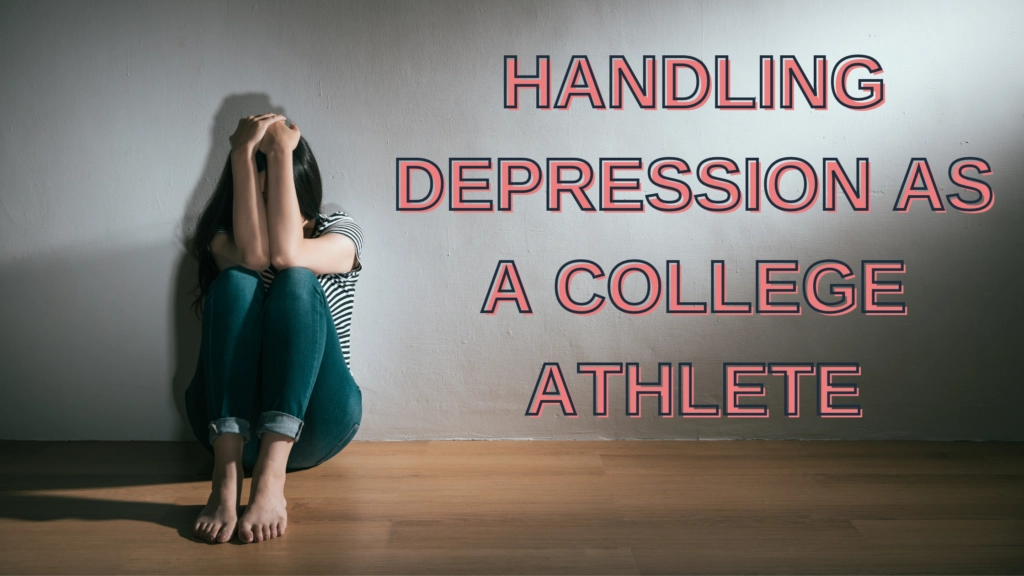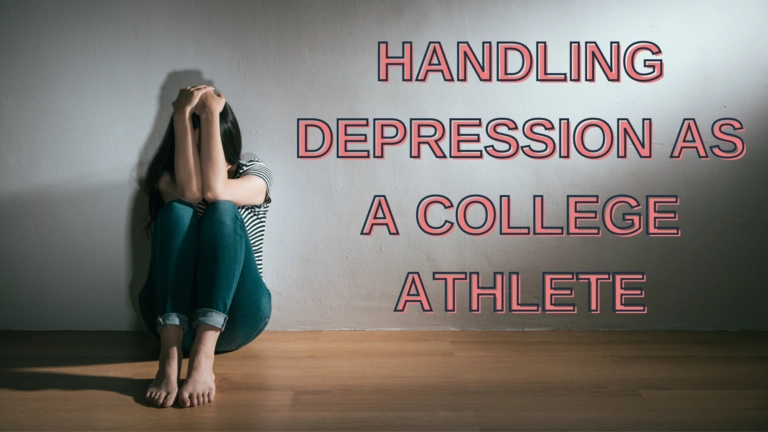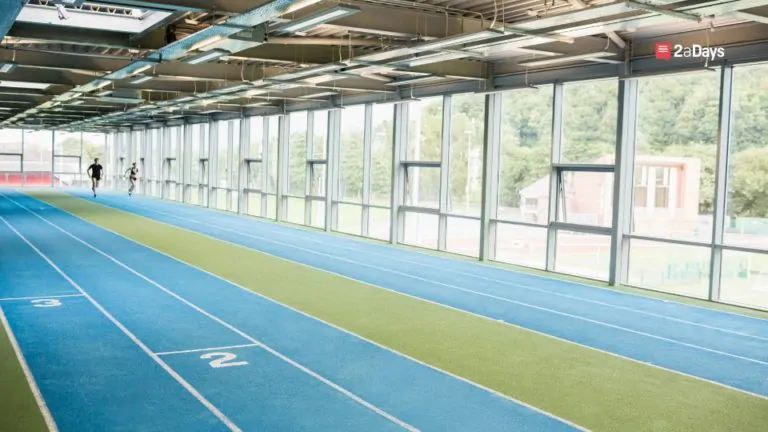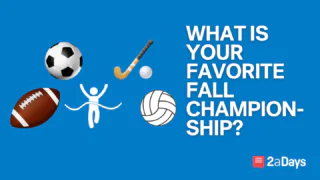As a student-athlete, so much of your life is spent on the go that you seldom have the time to focus on your mental health. It's incredibly easy to get into a cycle of managing responsibilities and maintaining a schedule that you'll find yourself in a mental health downslide before you know it. I know from my own experience: my struggles as a student-athlete led to me being hospitalized because I disregarded my mental health.
It's something that many don't want to talk about openly, but it's far more common than you think. It needs to be addressed. In hopes that this message can reach an athlete with depression, here is an article with some words of advice for struggling college-athletes.
Related: Webinar: The Silent Struggle – Mental Health of College Athletes
Facing the problem
Depression can creep up on you without realizing it. All of those little blows – a bad day at practice, a failed test, maybe your relationship comes to an end – can be hard to bear when piled together. The fact is that everybody gets depressed, some people get it temporarily and others deal with it chronically. The perpetual fatigue that an athlete is subject to creates an ideal environment for depression to set in. The point is, denying that you have depression or pushing through it accomplishes nothing. The sooner you face it, the sooner you can see improvements.
Related: An Athlete's Mental Health Story and How it Impacted the Relationships around Her
Treating it
It's incredibly hard for a person with depression to reach out for help. At a base-level, the way they view the world and interact is skewed, so it's difficult to even muster up the energy to do so. Additionally, negative stigmas and a lack of understanding make people bottle up their struggles, which only makes matters worse. Finally, not many people are in a position where they think they can afford mental health treatment, I know I sure wasn't. So there remains this belief that treating such disorders is only for the privileged.
I implore you to reach out and examine your options. Nearly every college in the country has some sort of counseling center or therapy office on-campus, and they are often free and open to all students.The primary motive of the staff is to help students work through their issues.
As a student-athlete, it's hard to find the time to sit down and talk, but it's well worth the experience. Additionally, many athletic programs have psychologists that serve the athletes at the school. Most of these are sports psychologists, which is very helpful if your depressive symptoms are sports-related. Even if your depression symptoms are not sports-related, going to them as a confidant is always better than repressing your feelings.
Related: 3 Mental Wellness Tips for Athletes
Functioning with Depression
This is the most difficult section to write about. There is no one-size-fits-all solution to eliminate depression; everyone's experience is unique. There will be days where doing regular things like going to class, practice, even eating might feel like climbing a mountain, but it's important to remember that this is a process and perseverance means success in the end.
You might feel like you don't have anyone to turn to because you're afraid of being ostracized, but you probably have many teammates and friends who are going through similar things. What I learned through my experience is that being open about what I was going through allowed people to be more understanding of how I acted. If I was clearly having a hard time, others went out of their way to help me rather than just think I was “in a bad mood.”
Even though everyone's experience is different, there are a couple things that you can try when you start feeling down:
- Take a walk
- Journal your thoughts and redirect them
- Pet a dog
These simple things probably won't solve your issues forever, but it may help you get through your day.
We are given so many unique opportunities as student-athletes. To let them pass by is the biggest disservice you can do to yourself. In some way, you have to put in the effort to get better and enjoy life. The best thing to do is take each day one at a time and to understand that some will be better than others. You must remember that the present is all that you have and it should be lived to the fullest.
If you need immediate help, call any of the following numbers from The Recovery Village, your school counselor, or local 24-hour health clinic:
- Substance Abuse and Mental Health Administration (SAMHSA) Helpline: 1-800-662-4357
- National Suicide Prevention Lifeline: 1-800-273-8255
- Samaritans: 1-877-870-4673
- National Hopeline Network: 1-800-442-4673
- Veterans Crisis Line: 1-800-273-8255
* Originally published on October 25, 2021, by Isaac Haney







